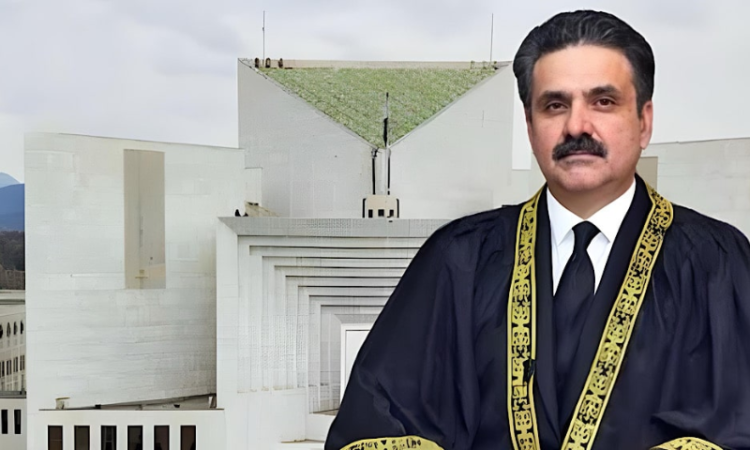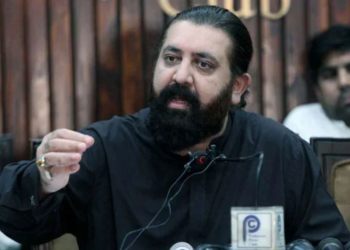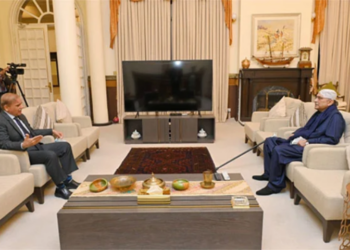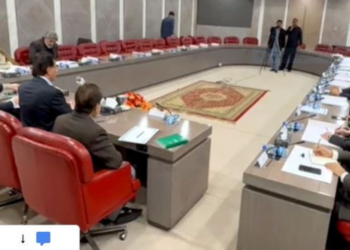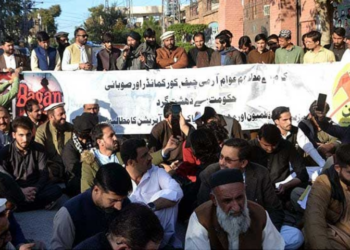Islamabad, November 7, 2024- Chief Justice of Pakistan, Justice Yahya Afridi, chaired a meeting on Thursday to address the backlog of cases in the country’s anti-terrorism courts (ATCs) and urged swift action to prevent justice delays. The session, held at the Supreme Court, gathered administrative judges of ATCs to review performance and tackle challenges hindering efficient case resolution.
The meeting included Supreme Court monitoring judges Justice Jamal Khan Mandokhail (via video link), Justice Muhammad Ali Mazhar, Justice Musarrat Hilali, and Justice Malik Shahzad Ahmad Khan, alongside ATC monitoring judges, Prosecutors General from all provinces and Islamabad, the Supreme Court Registrar, and the Secretary of the Law and Justice Commission.
Opening the session, Chief Justice Afridi underscored the responsibility of ATCs to deliver timely justice in anti-terrorism cases, stressing the need for impartiality and dedication. He also set the agenda to review current case status and identify measures to enhance efficiency in handling terrorism-related cases.
During discussions, it was revealed that 2,273 ATC cases remain pending across Pakistan, with Sindh accounting for the highest backlog at 1,372 cases. The Chief Justice expressed concern over these figures, particularly in Sindh, and emphasized the need to accelerate case proceedings.
Key challenges highlighted included the need for:
- Enhanced witness protection and remote witness appearances through secure online platforms,
- Improved forensic capabilities via expanded and upgraded Forensic Scientific Laboratories (FSL),
- Increased ATC courts to effectively manage high case volumes.
The Chief Justice issued specific directives for the Sindh FSL to assist Balochistan in operationalizing its forensic lab in Quetta. Additionally, he instructed that ATC judges completing their terms be reassigned to suitable roles, while high-performing ATC judges would receive international training opportunities with the support of the Law & Justice Commission.
Justice Afridi called on the Attorney General of Pakistan and provincial Prosecutors General to engage their governments in addressing the resource and infrastructure needs of ATCs, emphasizing coordinated efforts to secure timely, fair outcomes in anti-terrorism cases.



